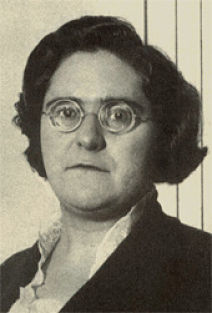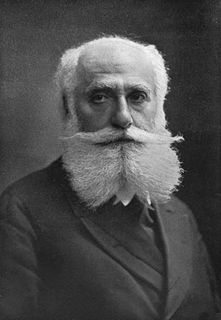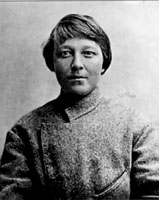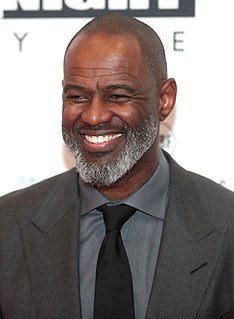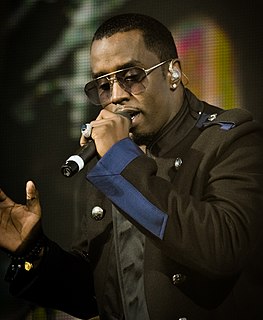A Quote by George Bernard Shaw
All Artists are Anarchists.
Quote Topics
Related Quotes
We must therefore turn to history for enlightenment; here we find that none of the proclaimed anarchist groups correspond to the libertarian position, that even the best of them have unrealistic and socialistic elements in their doctrines. Furthermore, we find that all of the current anarchists are irrational collectivists, and therefore at opposite poles from our position. We must therefore conclude that we are not anarchists, and that those who call us anarchists are not on firm etymological ground, and are being completely unhistorical.
Gentlemen, the time is coming when there will be two great classes, Socialists, and Anarchists. The Anarchists want the government to be nothing, and the Socialists want the government to be everything. There can be no greater contrast. Well, the time will come when there will be only these two great parties, the Anarchists representing the laissez faire doctrine and the Socialists representing the extreme view on the other side, and when that time comes I am an Anarchist.
At first glance, an alliance of anarchists and government might appear to be somewhat paradoxical. But the formal convergence in Oakland makes explicit the movement's aims: They're anarchists for statism, wild free-spirited youth demanding more and more total government control of every aspect of life - just so long as it respects the fundamental human right to sloth.
Anarchism as the name for an ideal total social form is a really complicated question. I have never found satisfying answers from anarchists about the definition of the state they are opposed to. Most are opposed to coercive forms of state power. Questions about large scale systems of organization and how they will be funded - those are questions it's hard to get anarchists to give good answers to.
If we trace origins of anarchism in the United States, then probably Henry David Thoreau is the closest you can come to an early American anarchist. You do not really encounter anarchism until after the Civil War, when you have European anarchists, especially German anarchists, coming to the United States. They actually begin to organize. The first time that anarchism has an organized force and becomes publicly known in the United States is in Chicago at the time of Haymarket Affair.

